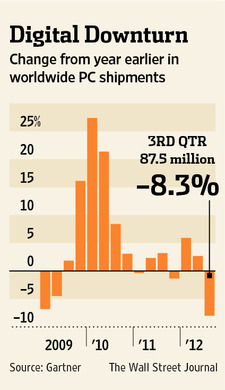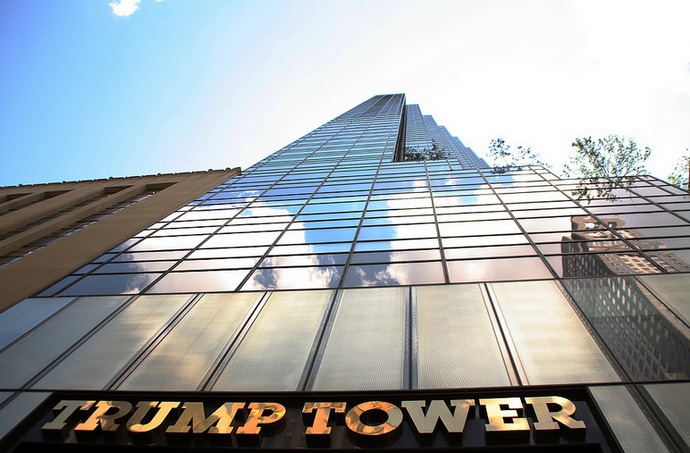 As someone who invests in technology companies, I’ve been privileged to meet with some pretty smart people who have actually changed the world. But I also have a rather well-honed sense for when intelligence has curdled into hubris and when pride has launched a marketing message into the upper hype-o-sphere.
As someone who invests in technology companies, I’ve been privileged to meet with some pretty smart people who have actually changed the world. But I also have a rather well-honed sense for when intelligence has curdled into hubris and when pride has launched a marketing message into the upper hype-o-sphere.
While the great baseball player Dizzy Dean correctly said that, “it ain’t bragging if you can do it,” that doesn’t mean that I have to invest my clients’ money in it. Mostly, I’ve learned to separate the superficial from the substance – tolerating the former while valuing the latter.
This fall, the Bravo television network is broadcasting a reality series call Start-Ups: Silicon Valley. The mini-series features a half-dozen young men and women following the tried-and-true path of Valley destiny: arrive in town, find a job, dream up an idea for a company, raise some money, and network night and day.
I’ve watched a couple of episodes of this program and I understand why the show has met with howling derision from people who actually live and work in the real Silicon Valley: the TV show’s characters seem ridiculously self-absorbed, are not particularly smart, and seem obsessed as much with their looks as with their business models. One of the characters is unapologetically transparent about her search for a marriageable man with whom she can start a family. Oh the horror!
Of course, Bravo is not broadcasting a documentary; they’re trying to drive as many viewers as possible for their advertisers. So naturally the show is filmed and edited to emphasize the humanity (i.e., flaws) of the characters and the milieu. How much does your average Bravo viewer really care about TCP/IP or cloud computing? Not much.
Which is why Valley-savvy viewers shouldn’t get too upset at some of the show’s other off-putting things, like the almost complete lack of Asians or Asian-Americans on the show. Or the roughly 50-50 male-female split among Valley workers (90-10 would be a lot more realistic). Or the fact that the show, despite its title, isn’t even set in Silicon Valley; the participants are housed in a San Francisco apartment complex, a solid 40 miles from Apple’s Cupertino campus.
But here’s why none of that matters, and what you as an investor or trader should take away from the show. Viewers can mock the ridiculous self-absorption and youthful concerns of these Valley strivers.
But it’s these traits that foster innovation and the hyper-fast development cycles that result in the breakthrough public and private companies that have captured our attention and investment dollars.
Yes, occasionally this up-the-establishment attitude is shoved in outsiders’ faces, as though it could be bottled and sold. For example, anyone tuning in to Bloomberg West is highly likely to hear some thirty-something venture capitalist elucidate the Valley ethos. “Well, over at Acme Ventures, we really look for a great FOUNDER that has put together a WORLD CLASS TEAM of AWESOME TECHNICAL TALENT that can PIVOT toward a DISRUPTIVE MINIMUM VIABLE PRODUCT before they hit their funding DEATH VALLEY…”
OK, they mean well. And hey, Facebook got early funding from Accel Partners. But real disruption happens not because some venture capitalist funded it, but because some annoying jerk dreamed it up and wouldn’t take no for an answer. And then maxed out her credit cards on cloud services and coded a first version in a 36-hour Red Bull-fueled hackathon.
It ain’t bragging if you can do it, and a lot of astoundingly young (and annoying) people have done it. Created Google. PayPal. LinkedIn. Foursquare. Facebook. And back in the day, Microsoft (in Albuquerque, no less!). It isn’t the geography. It’s the attitude. Do you think any of those companies would have succeeded had their founders been 55-years-old when their muse hit?
So sit back and enjoy Start-Ups: Silicon Valley for what it is: a skewed (prettier, drunker), farcical version of a real place. Marx said, “History repeats itself, first as tragedy, then as farce.” In this case, Groupon and Zynga were the tragedies, and this TV show is the farce. Get over it, Valley-wags.
Disclosures: Certain information contained in this presentation is based upon forward-looking statements, information and opinions, including descriptions of anticipated market changes and expectations of future activity. The manager believes that such statements, information and opinions are based upon reasonable estimates and assumptions. However, forward-looking statements, information and opinions are inherently uncertain and actual events or results may differ materially from those reflected in the forward-looking statements. Therefore, undue reliance should not be placed on such forward-looking statements, information and opinions.




